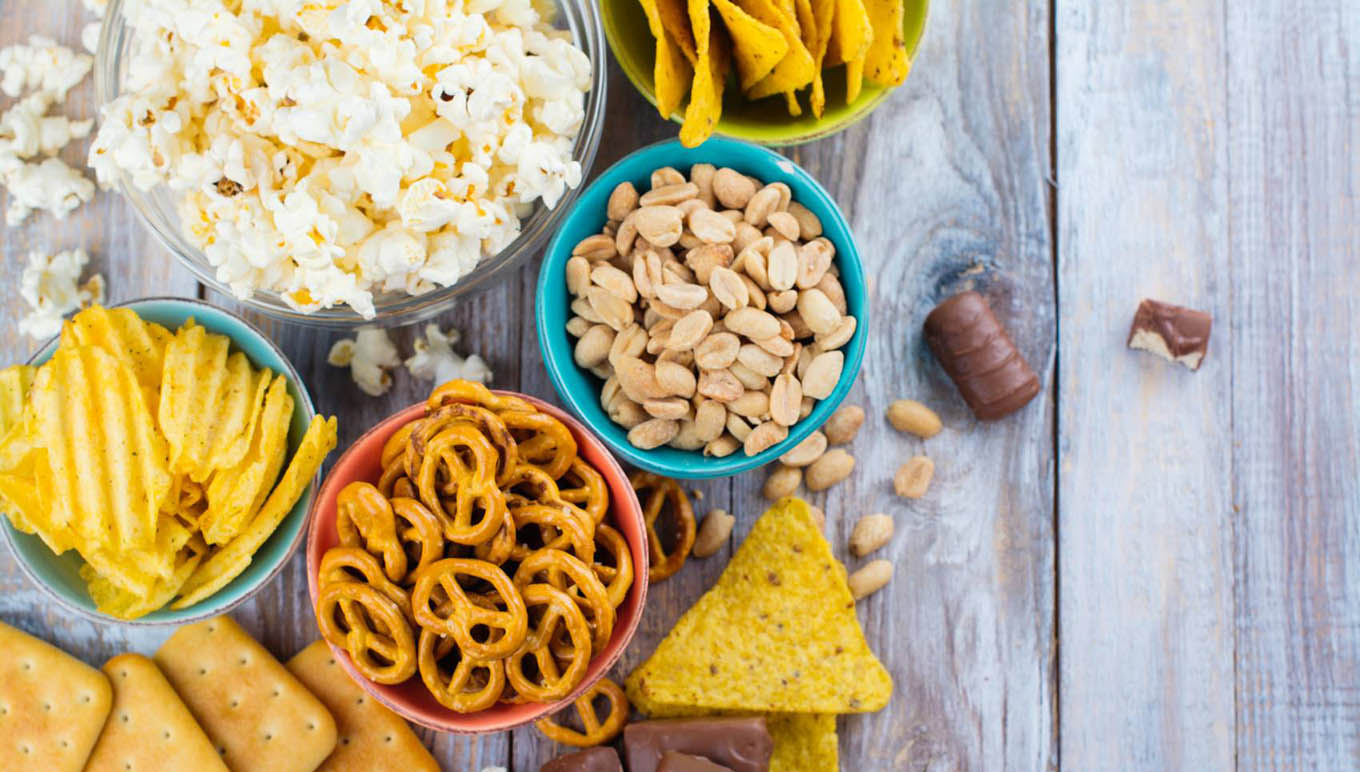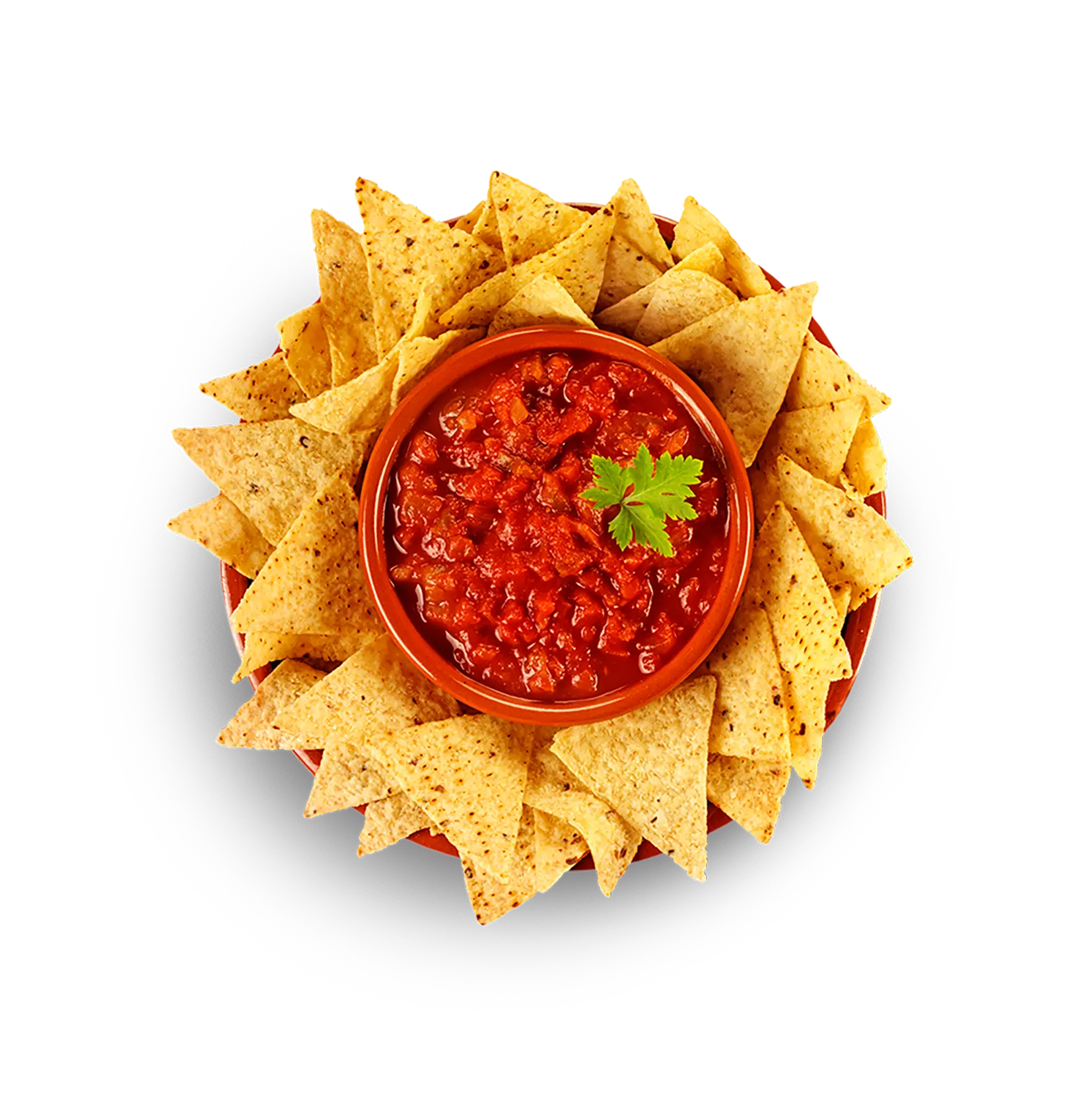How the Pandemic Has Forced the Snack Industry to Evolve
How the Pandemic Has Forced the Snack Industry to Evolve
How the Pandemic Has Forced the Snack Industry to Evolve

In difficult times, people tend to turn more towards indulgent treats. And the COVID-19 pandemic has unsurprisingly prompted more of us to consume more snacks, more often. Mondelez’s annual State of Snacking study reported 52% of adults around the world agreed that snacking has been a “lifeline” throughout the pandemic, and that 88% of adults are snacking more or the same during the pandemic as previously.
But we’re not just buying and eating more snacks these days—the pandemic has also caused significant changes to our snacking habits and the types of snacks we’re craving. With many of these new trends set to stay post-COVID, the snacking industry has been forced into rethinking its long-term direction.
How Have Snacking Habits Changed?
As with all food industries, the snacking industry has noticed a marked shift during the pandemic. We’ve picked out four key snack industry trends.
1. Attitudes to Snacks
Over recent years, the way people view snacking has seen interesting changes—and it appears these have been accelerated by COVID-19. The statistic we mentioned earlier that over half of adults have viewed snacking as a “lifeline” during the pandemic certainly reveals a lot about how people have turned to snacks as a coping mechanism. The same Mondelez report also found that the majority of respondents saw snacking as a “growing part of their everyday lives in the future.”
But there is also fascinating information emerging around snacks replacing meals. Mondelez found that 70% of millennials and 67% of those working from home preferred snacks over regular meals. This has accelerated an existing trend among these groups, as snacking has also become far more of a solo activity during the outbreak.
2. Health Concerns
Clearly, with more and more people opting to snack instead of having what we would recognize as a traditional meal, this will have an impact on the types of snacks they are seeking out. This brings us to our next area of change: health.
Mondelez reports that 54% of adults have relied on snacks for nourishment during the pandemic. Given this, it’s hardly surprising that consumers are leaning towards healthier snacks—as reported by FoodBev last year. At a time when health has never been more scrutinized, people want to take matters into their own hands by improving their eating habits—and snacks are no exception.
In particular, the FoodBev report points out that plant-based snacks are increasingly in demand, and that the market for those types of snacks is expected to be worth $74 billion by 2028. Meanwhile, there has also been a shift towards snacks with immunity-boosting properties, such as those rich in vitamin C & D, omega-3 or those containing turmeric. Mondelez found that 56% of consumers are seeking these products, mirroring a similar trend in the confectionery industry.
3. Shopping Habits
With the pandemic confining us to our homes for weeks or months at a time, the way we buy our favorite snacks has also changed. Mondelez found that almost half of snack-enjoyers are purchasing online now. This is to be expected as a result of COVID-19, but it seems consumers are enjoying the extra flexibility—with 69% planning to continue shopping online for snacks after the pandemic.
And with millions working from home, far fewer people are now buying snacks to consume outside the house. In particular, snack sales from vending machines - a staple of offices and leisure facilities the world over - plummeted by 90% during the immediate onset of the pandemic according to the European Vending & Coffee Service Association.
4. Consumption Patterns
The pandemic has also had several direct consequences for snack consumption habits and patterns. Data from IRI suggests that consumers no longer tend to associate snacking with certain times of the day, and are instead comfortable to snack whenever they want. With this pattern emerging pre-pandemic, it is another trend that has been exacerbated by the recent changes to our lives.
However, one of the most striking developments is one that has seen a complete reversal of the prevailing trend before March 2020. Smaller snack pack (“on-the-go”) portion sizes had been growing in popularity for a number of years to cater to consumers’ increasingly active lifestyles. However, with COVID-19 reducing activity levels across the board, larger package sizes and multipacks have seen a resurgence.
Adapting to the New Snack Landscape
The first year of the pandemic has been a learning curve for snack manufacturers as they have tried to keep track of changing demands and tailor their offerings accordingly. Efforts to modernize the ranges they produce have generally been in line with the key areas of change we’ve covered. Snack businesses have focused on:
Producing healthier snacks with more nutritional value
Ensuring more of their products are available through ecommerce
Selling products in larger, better value pack sizes
There have also been creative solutions designed to help consumers through the strange times we find ourselves in. “Work from home” boxes have opened up as a new direct-to-consumer opportunity for some snack businesses, while larger manufacturers have released more collaborative products in an attempt to open new revenue streams in saturated markets. One such example in the UK has been the recent collaboration between Walkers Crisps and KFC.
What snack businesses need above all else to adapt to the challenges of evolving consumer habits is increased agility and better data. Having the right software tools in place is vital for snack manufacturers to diversify product portfolios and create new popular and cost-effective recipes. To learn more about how an Aptean ERP software solution specifically for snack manufacturers can prepare your snack business for the challenges ahead, contact us today!
¿Todo listo para mejorar tus operaciones de fabricación de aperitivos?
El ERP de Aptean para fabricantes de aperitivos puede tener un efecto transformador en tu empresa que te lleva al siguiente nivel.



 Jack Payne | Vice President, Product Management & Solutions Consulting
Jack Payne | Vice President, Product Management & Solutions Consulting